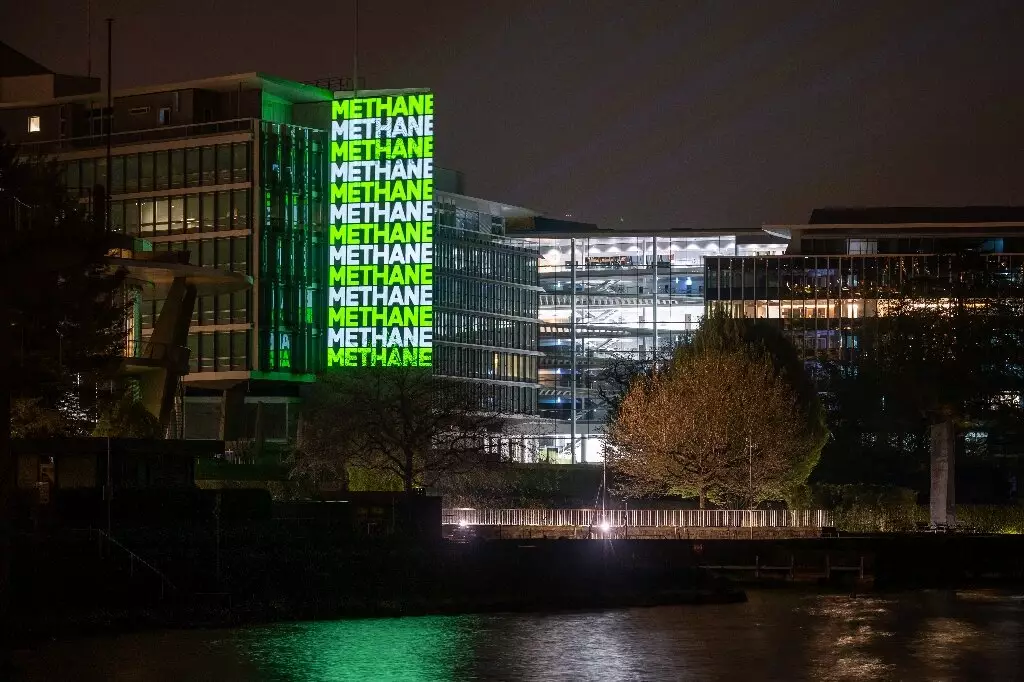A peer-reviewed assessment published on Thursday has revealed that almost all the 35 countries which produce over 80% of the world’s greenhouse gas emissions got low marks for their net zero plans. The report, which assessed the credibility of the countries’ plans, found that only the European Union’s net zero plan was deemed credible, while those of China, India and the United States were lacking. The success of eliminating carbon footprints by mid-century by most nations, including China and India for 2060 and 2070, respectively, will determine the extent to which the Earth remains hospitable in a warming world. However, assessing their credibility has proven difficult as many net-zero goals lack details.
Details of the Report
The report discovered that most net-zero goals were not specific about whether they covered just CO2 or other planet-warming gases such as nitrous oxide and methane. These uncertainties have caused difficulties in projecting global temperature increases and whether the Paris climate treaty goals of capping global warming at “well below” two degrees Celsius, and at 1.5C if possible, remains within reach. The credibility of every country in the world whose greenhouse gas emissions comprise at least 0.1 percent of the global total was rated higher, lower or much lower. The report discovered that a handful of countries, including New Zealand and Britain, besides the European Union, received top marks, while around 90% of nations inspired lower or much lower confidence, including China and the United States, which together account for more than a third of global emissions.
The lowest ratings were given to most of the world’s major emerging economies, including Brazil, India, South Africa, and Indonesia, as well as Gulf states Egypt and the United Arab Emirates, which hosted last year’s COP27 climate summit and COP28 in Dubai in December. Among wealthy nations, only Australia was in the least credible tier. Today, a third of the 35 nations have net zero policies enshrined in law, and the report recommends that making targets legally binding is crucial to ensure long-term plans are adopted.
The report recommends that detailed, step-by-step plans outlining how emissions cuts will be distributed over time across all economic and social sectors are essential. The researchers applied the new credibility ratings to model different scenarios for future emissions and the temperatures they will yield. When only net-zero plans with high confidence levels were added to policies already in place, global warming was projected to top out at 2.4C by 2100, which is still far above the Paris targets.
The report reveals that the credibility of net-zero plans of most countries is low, and the lack of specific details in these plans poses a challenge in assessing their impact on global warming. Only the EU’s net zero plan received a credible rating, while China, India and the United States were found lacking. The report recommends that making targets legally binding is critical to ensure that long-term plans are adopted, and detailed, step-by-step plans outlining how emissions cuts will be distributed over time across all economic and social sectors are necessary.


Leave a Reply